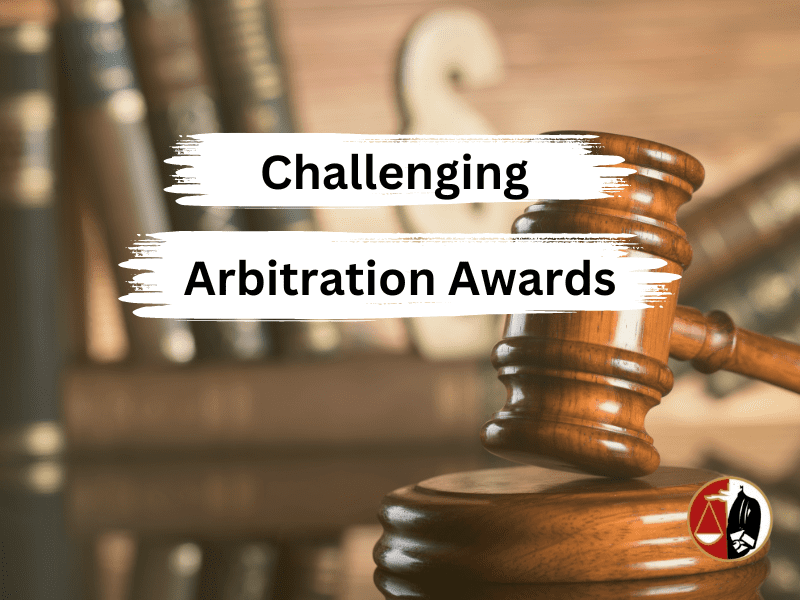Arbitration in the UAE stands as a cornerstone of fair and transparent dispute resolution. Despite its finality, arbitral awards can be contested under specific legal grounds, making it crucial for stakeholders in international business and dispute resolution to understand the procedural intricacies involved.
Under the UAE Arbitration Law, arbitral awards are binding on the parties involved, generally precluding further litigation on the same matter. However, under certain circumstances an arbitral award can be nullified. For instance, the Court is granted the discretion to nullify an arbitration award if the subject matter of the dispute is not arbitrable or if the award contravenes public order or morality.
Additionally, the UAE Arbitration Law provides for grounds wherein a party may challenge an arbitral award and request its nullification. However, it is important to remember that this process requires rigorous substantiation with evidence as stipulated by the law.
A contesting party may challenge an arbitration award on ground of invalidity or cancellation of the arbitration agreement, including claims that the signatories lacked the requisite authority to bind their respective entities to arbitration. It may be noted here that, in the UAE, general managers are presumed to have authority to enter into arbitration agreements on behalf of a limited liability company, unless such authority has been expressly limited under the company’s memorandum of association.
Under the UAE Arbitration Law, an arbitration award may be annulled on the following grounds:
- Lack of adequate notice of the arbitration proceedings, thereby denying the contesting party sufficient opportunity to present their case.
- Arbitral tribunal’s non-compliance with procedural principles or application of incorrect laws during the arbitration process.
- Composition or appointment of the arbitral tribunal deviated from the legal requirements stipulated by the UAE law.
Objection to an arbitral award can only be raised by (i) filing an action in nullity; or (ii) in response to a petition seeking recognition of the arbitration award. It is important to note here that an action in nullity must be brought within 30 days from the date of the applicant’s notification of the award. Failure to meet this deadline often leads to the dismissal of the nullity action, underscoring the significance of timely action in such cases.
Challenging arbitral awards can be intricate and time-consuming, requiring seasoned legal expertise. At YMB Legal, we provide specialized counsel tailored to navigate these complexities with precision. Our team is dedicated to meticulous preparation and strategic representation, ensuring your interests are safeguarded in arbitration disputes. Contact us today to know more!




